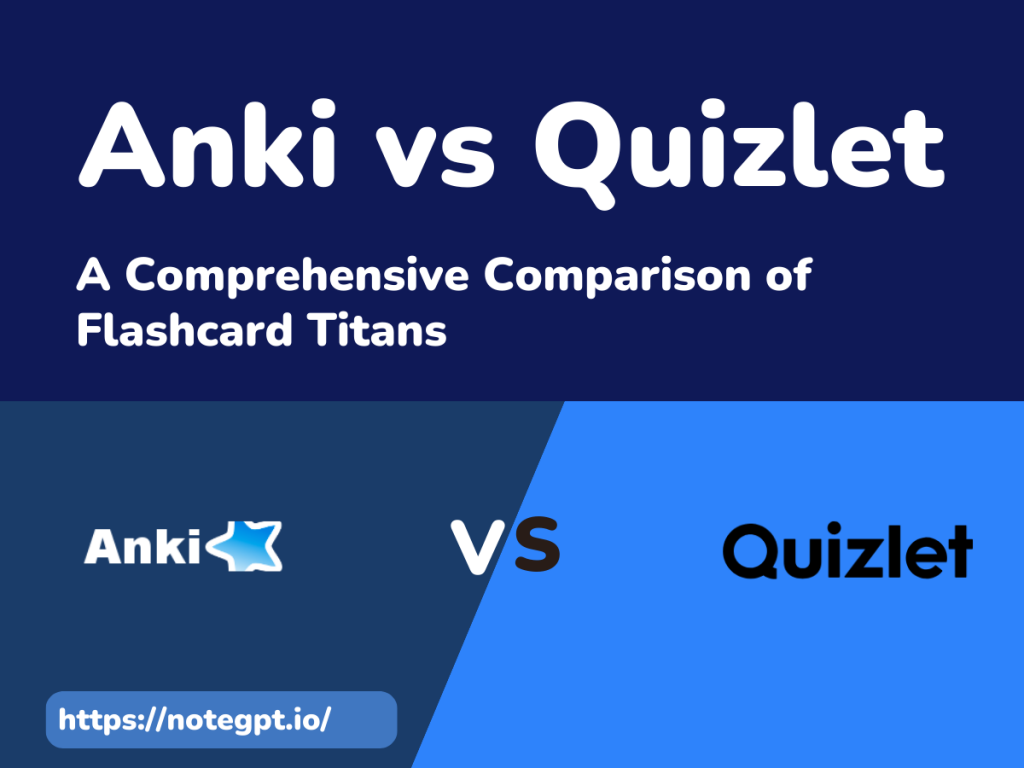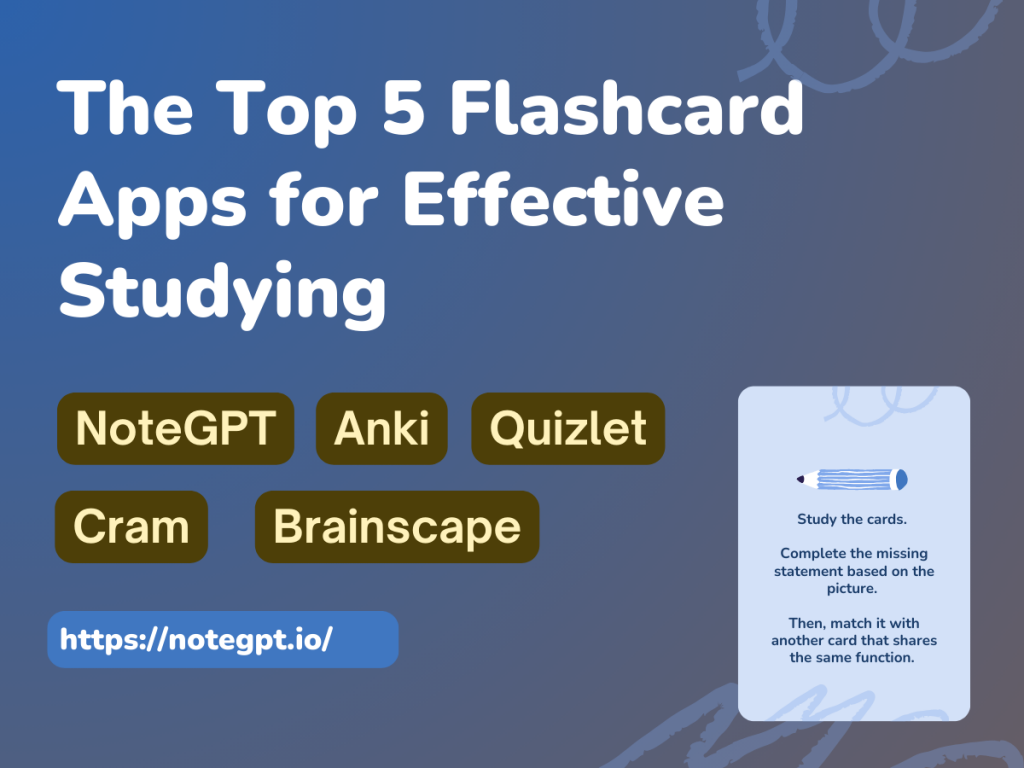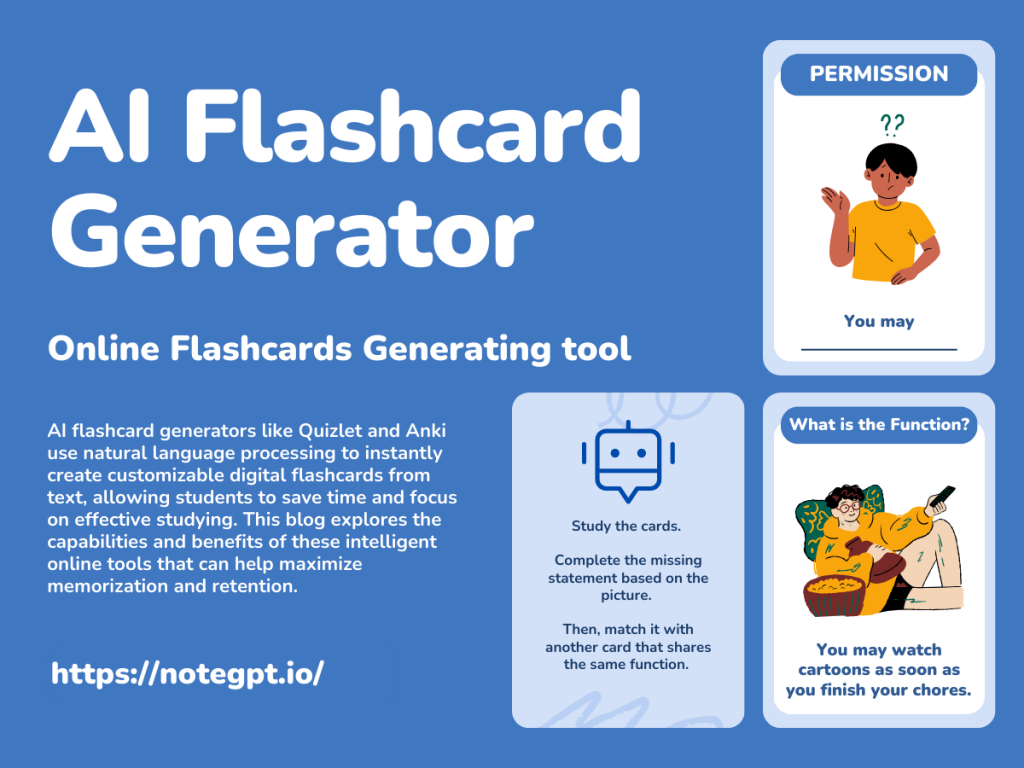Anki vs Quizlet: A Comprehensive Comparison of Flashcard Titans

Contents
Introduction
Flashcards have long been a staple in education, aiding in the retention of information through active recall. In recent years, digital flashcard platforms like Anki and Quizlet have gained immense popularity for their convenience and effectiveness. This comprehensive comparison aims to dissect the strengths and weaknesses of both, providing a detailed insight into which platform might be the better fit for you.
User Interface and Ease of Use
Anki
Anki's user interface is functional but lacks the aesthetic appeal of modern web design. It may be overwhelming for new users due to its extensive customization options and settings. However, this complexity can also be an advantage for those seeking complete control over their flashcard experience.
Quizlet
Quizlet boasts an intuitive, user-friendly interface with a clean design. Navigating the platform is a breeze, making it an excellent choice for beginners. Its simplicity doesn't sacrifice functionality, as it offers a wide range of features without overwhelming the user.
Card Creation and Customization
Anki
Anki provides unparalleled flexibility in creating flashcards. Users can customize every aspect of their cards, from text formatting to media integration. This allows for a highly personalized learning experience tailored to individual preferences.
Quizlet
While Quizlet offers a decent level of customization, it falls short of Anki's extensive options. Users can add images, audio, and text to their flashcards, but the level of control is not as granular as Anki. This may be a limitation for those with specific learning requirements.
Spaced Repetition Algorithm
Anki
Anki is renowned for its powerful spaced repetition algorithm. It optimizes the timing of card reviews based on individual performance, ensuring that you revisit information just as you're about to forget it. This leads to highly efficient and effective learning.
Quizlet
Quizlet also incorporates spaced repetition, but its algorithm is not as robust as Anki's. It still provides a valuable learning experience, but some users may find themselves reviewing cards more frequently than necessary.
Content Library
Anki
Anki's strength lies in its vast community-contributed content library. There are countless shared decks covering a wide range of topics, making it a treasure trove for learners. However, quality may vary, so it's essential to vet shared decks before relying on them.
Quizlet
Quizlet boasts an extensive collection of user-generated content, offering a plethora of flashcard sets across various subjects. The platform's search and filtering options make it easy to find high-quality decks, and the community's active involvement ensures a steady stream of new material.
Collaboration and Social Features
Anki
Anki is primarily designed for individual use, lacking robust collaboration features. While it's possible to share decks, the process is not as seamless or integrated as on Quizlet.
Quizlet
Quizlet shines in the realm of collaboration and social learning. Users can easily share decks, engage in group study sessions, and even compete in games designed to reinforce learning. These features foster a sense of community among learners.
Mobile Experience
Anki
Anki offers mobile apps for both Android and iOS, providing access to your flashcards on the go. However, the mobile interface is not as polished as the desktop version and may require some adjustment.
Quizlet
Quizlet's mobile app is well-designed and offers a seamless experience. It's optimized for various devices, ensuring a consistent and user-friendly interface regardless of the platform.
Pricing
Anki
Anki is free to download and use on desktop platforms. However, the mobile app comes at a one-time cost. Additional features and add-ons may also be available for purchase.
Quizlet
Quizlet offers a free tier with limited features, making it accessible to most users. Premium plans unlock advanced functionalities like offline access, custom images, and more. The pricing is subscription-based, with options for individuals, educators, and institutions.
Conclusion
Both Anki and Quizlet are formidable flashcard platforms, each with its own set of strengths and weaknesses. The choice between them ultimately depends on your specific learning style, preferences, and needs. Anki excels in customization and spaced repetition, making it a powerhouse for those who value complete control over their learning experience. On the other hand, Quizlet's user-friendly interface and robust community features make it an excellent choice for collaborative learning and beginners looking for a straightforward solution.
In the end, the best platform is the one that aligns with your individual learning goals. Experiment with both to see which resonates with you, and unlock the full potential of digital flashcards in your educational journey. Happy learning!

